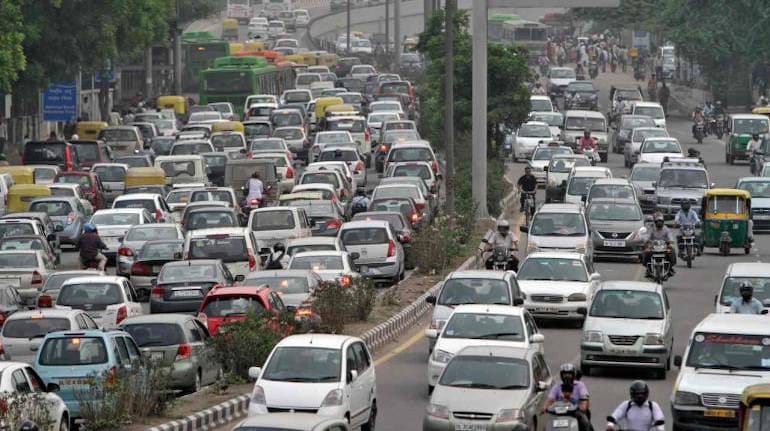



The Ministry of Road Transport and Highways (MoRTH) aims to set up 75 fitness centres across the country by March 2023, sources in the road ministry said on March 18.
The MoRTH will also look to set up 50 scrapping centres across India by December 2023, as part of the new vehicle scrappage policy.
It is estimated that it will cost around Rs 18 crore to set up a scrappage centre if the land is leased; however, if the land is purchased, a scrappage centre is likely to cost around Rs 33 crore, the government official said.
The Minister for Road Transport and Highways Nitin Gadkari on March 18 laid out the framework of the vehicle scrappage policy in Lok Sabha.
The vehicle scrappage policy, as part of which the private, commercial and government vehicles would be required to undergo fitness tests, is aimed at reducing pollution and providing a spurt to the automobile sector.
As part of the scrappage policy, the government plans to set up integrated scrapping facilities across the country, where vehicles will undergo a fitness test. The parameters of the test include vehicle emission, braking and safety equipment.
The government will tentatively release the rules for fitness tests and scrapping centres by October 1, and the scrapping of government and government-owned vehicles which are more than 15 years old will start from April 1, 2022.
Vehicles that fail the fitness test will be deemed as end of life and those that are older than 15 years will be mandatorily de-registered. The scrap value for the old vehicle is likely to be 4-6 percent of the ex-showroom price of a new vehicle.
The government's sentiments were backed by market participants and experts. CRISIL Ratings Ltd in its report said that the vehicle scrappage policy can help lower the cost of passenger vehicles by 8-10 percent for most segments, afford replacement of older passenger vehicles and increase the availability of key raw materials.
The Confederation of Indian Industry said that the Voluntary Vehicle-Fleet Moderanisation Programme would help in phasing out the polluting and unfit vehicles.
In addition, the policy will pave the way for creation of an ecosystem of vehicular scrapping facilities and a market for recycled raw materials which would in turn create jobs and provide cost-effective raw materials for industry.
India currently has over 5 million light motor vehicles which are older than 20 years, and around 3.4 million light motor vehicles which are older than 15 years. Around 1.7 million medium and heavy commercial vehicles are older than 15 years, and are plying without a valid fitness certificate.
CARE Ratings in its reports said the policy has the potential to increase automobile industry’s turnover to Rs 10 lakh crore from the existing Rs 4.5 lakh crore.
The rating agency added that proper implementation of the policy is pivotal for it to be a success.
"The headwinds for implementation would be in the form of having more infrastructure in place to build organised scrapping centres, which currently India does not possess. To further incentivise the consumer, there should be GST concessions on purchase of new vehicles, as tax rates in India on new automobiles are exorbitant," CARE Ratings said.
The Federation of Automobile Dealers Associations said a discount in the range of 4-6 percent of the ex-showroom price on presenting scrappage certificates, rebate of up to 25 percent for passenger vehicles and 15 percent for commercial vehicles by State Governments and registration fee being waived off will definitely help to excite the customer.
Discover the latest Business News, Sensex, and Nifty updates. Obtain Personal Finance insights, tax queries, and expert opinions on Moneycontrol or download the Moneycontrol App to stay updated!
Find the best of Al News in one place, specially curated for you every weekend.
Stay on top of the latest tech trends and biggest startup news.